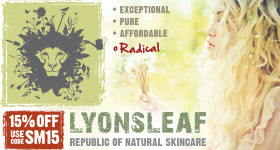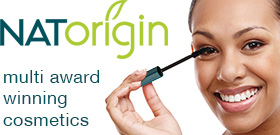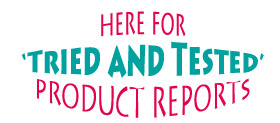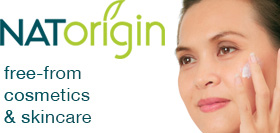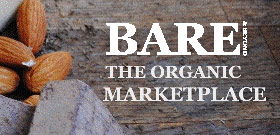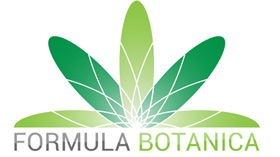|
|
|
Probiotic treatment may limit eczema in infants – two studies |
Dutch researchers, who included one author who worked for Winclove Bio Industries B.V., Amsterdam, which manufactures the probiotic supplements used in the study, report that treating pregnant mothers, and then their infants, with select strains of probiotics - bacteria present naturally in the body and sometimes added to food or dietary supplements to boost immune function - may help prevent eczema in children with a family history of allergies during the first 3 months of life. Neither the women nor their doctors knew whether they were receiving the probiotics or inactive pills. Oral supplementation with the probiotic Lactobacillus reuteri to the mother during pregnancy and to the infant after birth may help reduce the development of eczema and allergy associated with immunoglobulin E, a key protein involved in the allergic response, according to Swedish researchers. Probiotics are small molecules that help maintain the natural balance of organisms, also referred to as microflora, in the intestines. Altered microbial exposure may underlie the increase of allergic diseases in affluent societies. Probiotics may help, Dr. Thomas R. Abrahamsson of Linkoping University Hospital and colleagues note. To investigate, the researchers enrolled families with a history of allergic disease. Expectant mothers were randomly assigned to receive L reuteri in an oil suspension or a placebo treatment, each day from week 36 until delivery. Their babies continued with the same formulation from birth until 12 months of age and were followed up for another year. A total of 188 completed the study. At 2 years, the incidence of eczema was 36 percent in the active treatment group and 34 percent in the placebo group. However, during the second year, only 8 percent of the L. reuteri group had IgE-associated eczema compared with 20 percent of the placebo group, a statistically significant difference. Skin prick test reactivity was also less common in active treatment group than in the placebo group. The difference was statistically significant in infants with mothers with allergies (14 percent versus 31 percent). However, there was no effect on wheeze or other potentially allergic diseases. Although the study failed to confirm an overall preventative effect on infant eczema, the investigators conclude that "the treated infants had less IgE-associated eczema at 2 years of age and therefore possibly run a reduced risk to develop later respiratory allergic disease." Journal of Allergy and Clinical Immunology, May 2007. June 2007
Click here for more research on the management of eczema |


